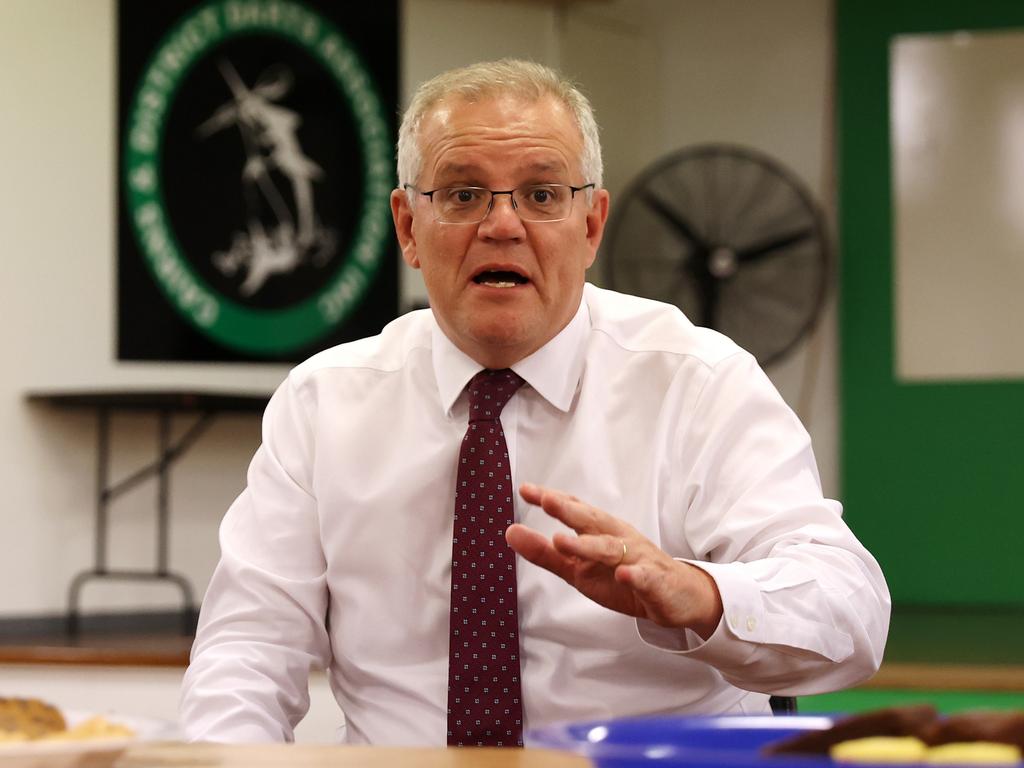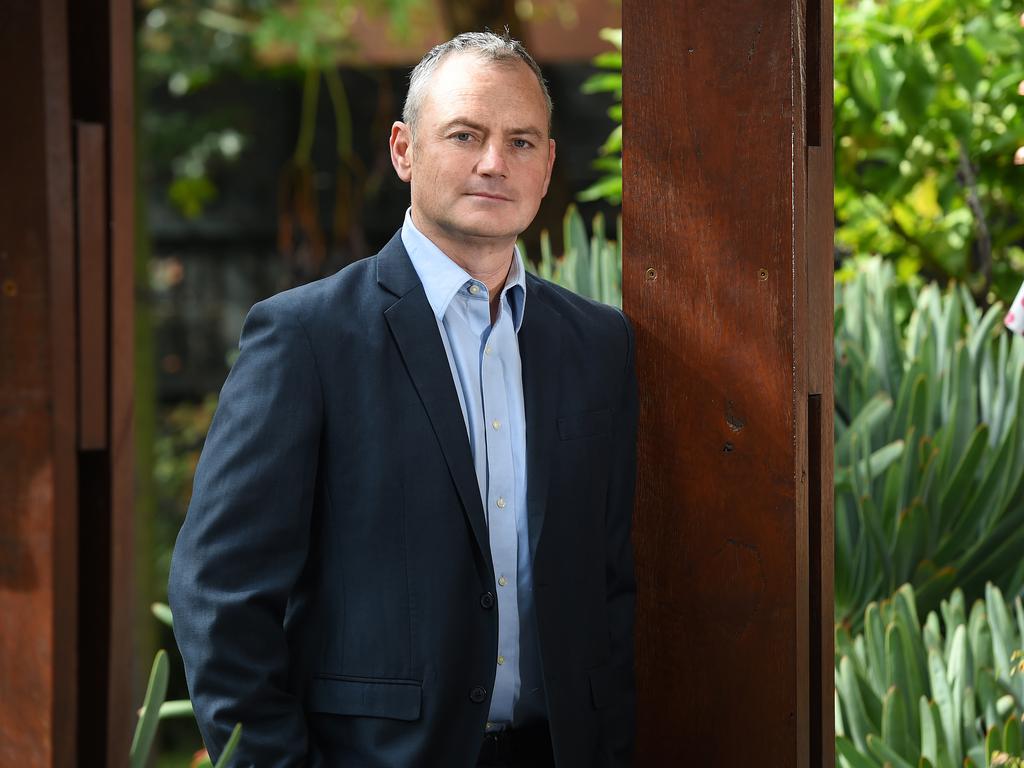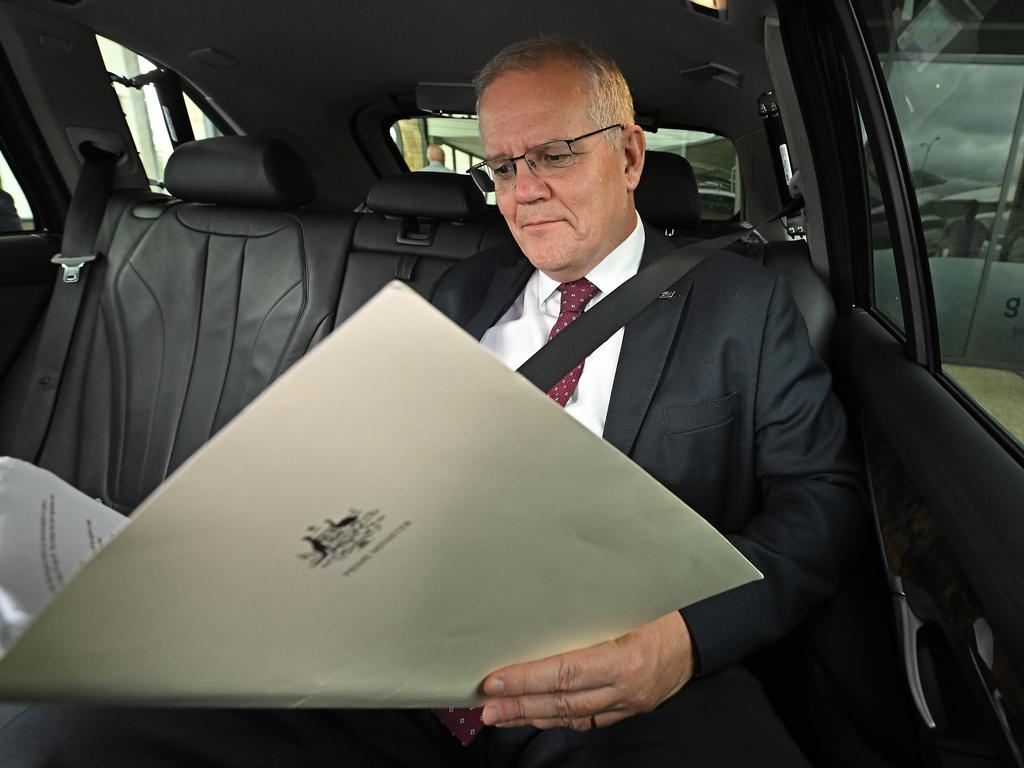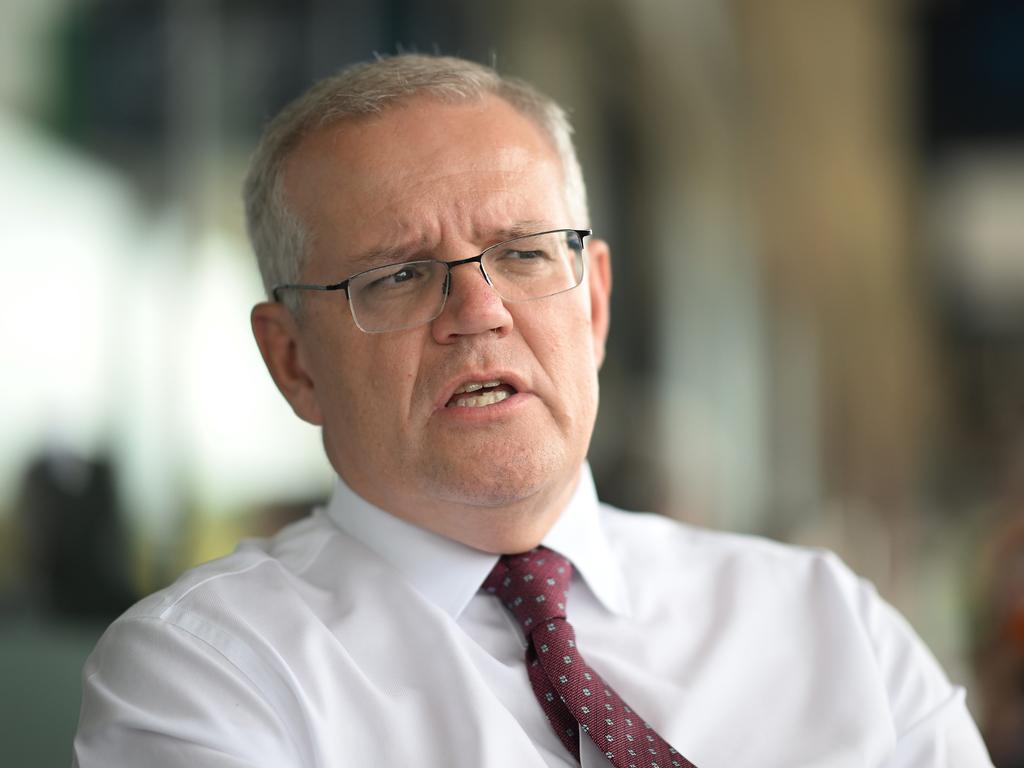Election 2022: PM a fighter but revamp might be too late


How could Morrison possibly face defeat, having orchestrated fiscal support of about $315bn to save the economy and jobs, supported by a central bank monetary stance of near-zero interest rates for most of the parliamentary term? There has never been such largesse before. Morrison may yet win but, if defeated, the conclusion will be the country changed around the Liberals.
Morrison talks about shifting gears but it seems Australia changed gears first. If defeated, Morrison will reflect that he never got proper recognition for his achievements – a low mortality rate, high vaccination rate, strong economic recovery – but was unduly punished for his failures on the vaccine rollout and shortage of rapid antigen tests.
In simplified terms, Morrison’s focus is hard power – economics, finance, security – but the country fell into a prolonged embrace of soft power. Norms of acceptability, ethics and virtue shifted. When Morrison attempted his repositioning, he likened his pandemic performance to a “bulldozer” – but this language was all wrong. It betrayed his dilemma. Morrison’s view of strength and resilience was often perceived as bullying and uncaring.
Throughout the campaign Morrison was a prime minister in command, on top of every policy detail, easily outmatching Anthony Albanese, whose tenuous policy grip was repeatedly apparent. Yet it seemed Morrison’s command and record hardly mattered.
Albanese had the superior emotional intelligence. In the final two debates Albanese looked more connected with people, an authentic Australian, a battler, no genius, nothing pretentious, but sincere, caring about people. The public seemed to think it enough – voting day will tell.
In his final week Morrison has tried to speak more from the heart. This has been his main omission over three years. He let his enemies define his character, a fatal political blunder. It was almost as though he couldn’t see what was happening or didn’t know how to respond. In his launch speech on Sunday, Morrison said: “You pour your heart and soul into this job every single day, you do all you can to help Australians achieve their aspirations, you don’t get everything right. I’ve never pretended that I have. But I tell you what, I never leave anything on the field.”
Morrison’s campaign dilemma has been using policy to combat a personality liability. That doesn’t work. The dislike of Morrison, from anecdotal impression, seems to exist in its own right, almost part of the culture. Years ago ANOP agency chief, Rod Cameron, once master strategist for Labor, talked about the feminisation of our political culture. It has been coming for a long time. Now it has perhaps arrived with devastating force – we shall soon know.
In his final week interview with this newspaper Morrison conceded “insensitive language” in relation to women. He conceded people wanted him to express his emotions more openly but said his instinct was to go “straight to a solution”. He listed his efforts to stop violence against women, to address mental health and to curb suicide. These are deep and genuine concerns. But the language of interpersonal relations is now shaped by progressive culture and Morrison is judged wanting in the realm of emotion, empathy and compassion. Albanese, by contrast, has presented himself as Mr Compassion – and it seems to be working.
Contrary to impressions, climate change policy as such is not a decisive event in the campaign. But climate change culture, on the other hand, is resonating. Fire, flood and the threat to the planet have changed notions of political morality and principle. A responsible stance on climate is seen as a test of leadership character and morality, a test the Coalition fails among many young and tertiary-educated voters.
With Albanese seeking to neutralise wide fronts of policy it was Morrison’s job, chasing a fourth Coalition term, to present an ambitious agenda and wedge Labor on key differences. But that didn’t happen. The economic policy agenda wasn’t substantial enough. It failed to win pundits or the public. Morrison sought a superambitious political outcome on a super-cautious economic policy, a serious contradiction.
The agenda for the future was absent productivity to advance living standards, tax changes to boost investment, negotiated industrial relations changes to restore enterprise bargaining, action to improve school standards and a more concerted drive on industries of the future.
The correction came in the policy speech. It was probably too little and too late, but that judgment awaits the weekend. The Liberals had long wanted to modify Labor’s edifice of industry superannuation funds and had flirted with various ideas over the years.
Allowing first-home buyers to draw on their super to get into the market faster – riding on the slogan “it’s your money” – is a powerful, populist pitch that appeals to Liberal philosophy and resentment towards the industry’s power. It goes to basic principle and raises the long-run issue of whether it will remain Liberal policy post-election.
In the short run it has ignited a fierce clash between the government and housing sector on one hand and the super funds, Labor and the unions on the other. The ministerial architect of the super system, Paul Keating, highlighted the stakes saying: “The Liberals hate the superannuation system – preserved, superannuation savings double roughly every eight years. Too good for them, says the Liberal Party. We’ll let them pilfer it away in the supposedly good cause of housing deposits.”
The key to the government scheme is returning funds to the super account when the house is sold, provoking a debate about which investment method maximises one’s super account. But if the Liberals believe this policy is such a winner why not release it earlier? The answer is surely fear – fear of the campaign Labor, the funds and unions would mount.
So how intimidated is this Liberal government? How much of its economic policy caution is driven by fear at Labor’s political clout and retaliation?
In his interview with The Australian Morrison was strong on values. He rejected identity politics in principle, saying it constituted “the Balkanisation of humanity” and “diminishes people”. These are powerful declarations but they raise further questions. Why didn’t Morrison define his prime ministership over three years by a principled stand against identity politics that would have won majority popular support and the applause of his base?
Morrison always struggled to fight the battle over his character. Savaged on grounds that his government lacked integrity because of its stand on the anti-corruption commission, Morrison could have introduced his bill a year ago, fought for his model and had a strong public position throughout. He didn’t and paid a serious electoral price. But again, all judgments await the vote and Morrison expects a final swing to him.







Scott Morrison will fight to the last moment but his final week policy and personality revamp points to a campaign whose defects reflect something far larger – lost opportunities during his past three years of governing during a pandemic and recession.